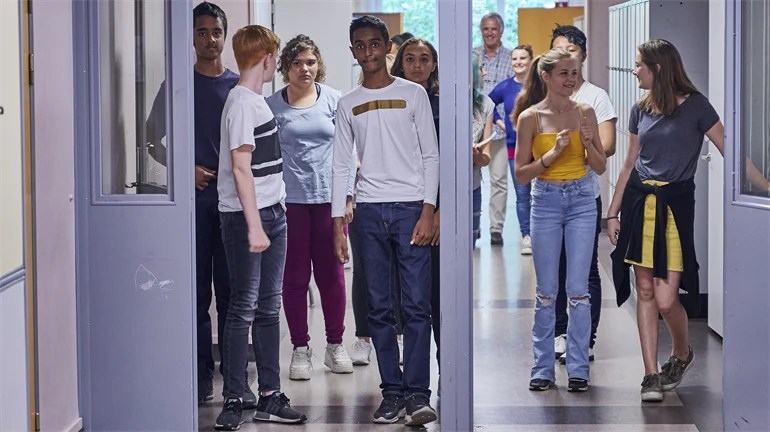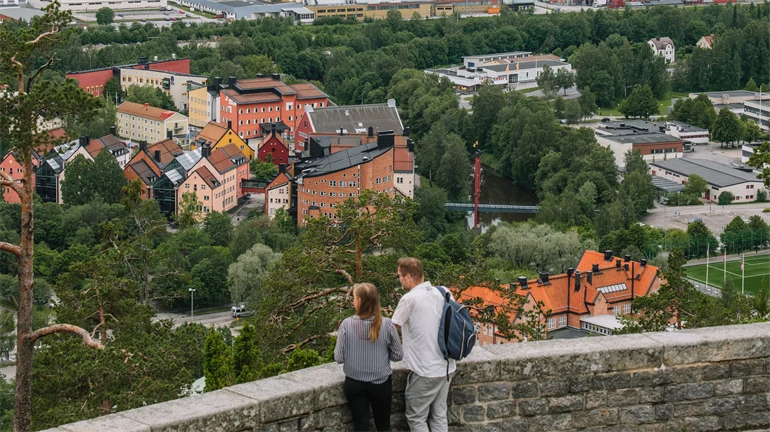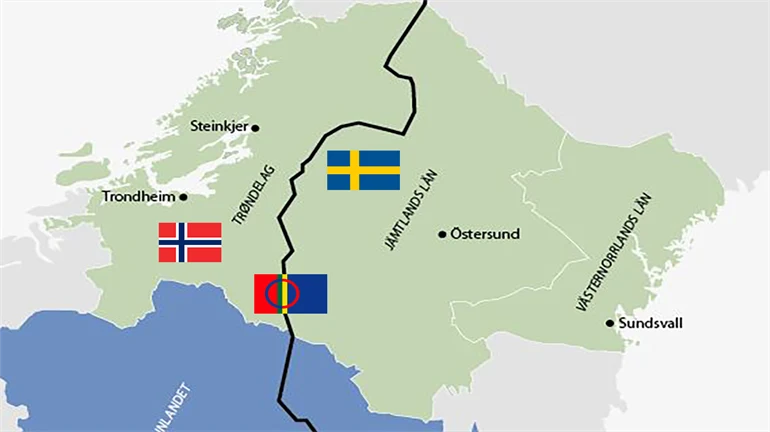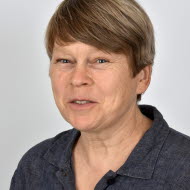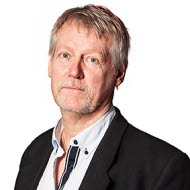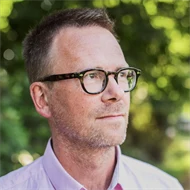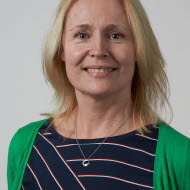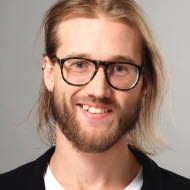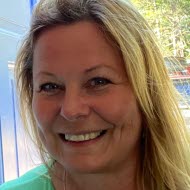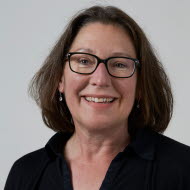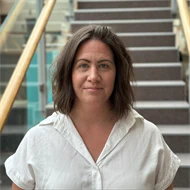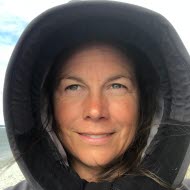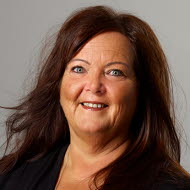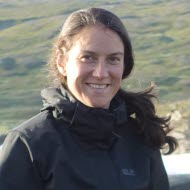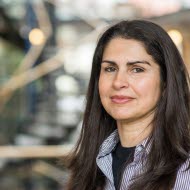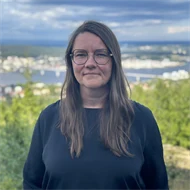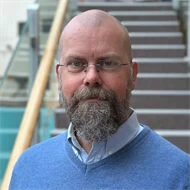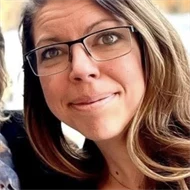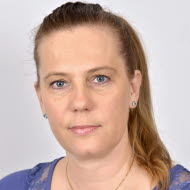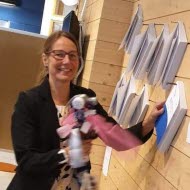The subject of education has four main research groups:
- Higher Education and E-Learning (HEEL)
- SKOLA (after-school centres, pre-school, lower and upper-secondary school)
- Utbildningsledarskap och Skolutveckling (ULS; Leadership in education and school development)
- Yngre barn (YF; Young children: pre-school, pre-school class)
The group has an interdisciplinary base in the subjects of education (UTV) and informatics (DSV). HEEL’s work focuses on the consequences of the emerging digitalisation of society and research issues related to the digitalisation of education, lifelong learning and technology-enhanced learning (TEL). The group’s activity involves formal learning for children and young people as well as participation of adult individuals in the formal education system.
The research group’s areas of interest include leadership, management, governance and school development in the context of education and workplace learning. Educational leadership is defined by the group as more than a function that leads an activity and is seen as the process and context in which a leader interacts with others on specific tasks. School development is stated as a systematic and sustainable process for improving learning and the internal conditions of the activity to achieve the goals of the education. Education refers to all types of formal educational environments from pre-school to adult education. The research areas in focus deal with authority, headship in school/pre-school, teachers’ leadership, school organisation, school development, policy, digitalisation and educational leadership in different types of educational environments, as well as workplace learning.
The research aims to investigate experiences from placements (VFU) as well as learning processes and teachers’ leadership in the didactic space with the focus on young children. Important research areas in the group are aesthetic learning processes and forms of expression in teacher education as well as pre-school education, physical environments for learning, play and creativity, children’s perspectives and agency in pre-school, leadership and norm-critical perspectives. Current research activity by the research group Yngre barn relates to areas such as culture, sustainability and design for learning/learning environments.

